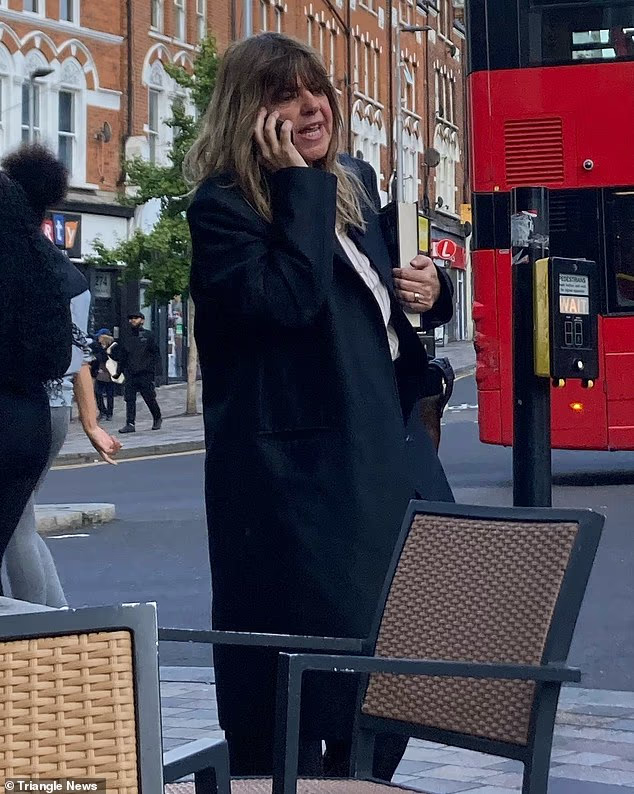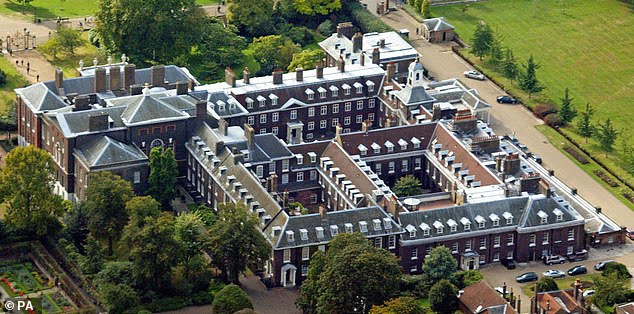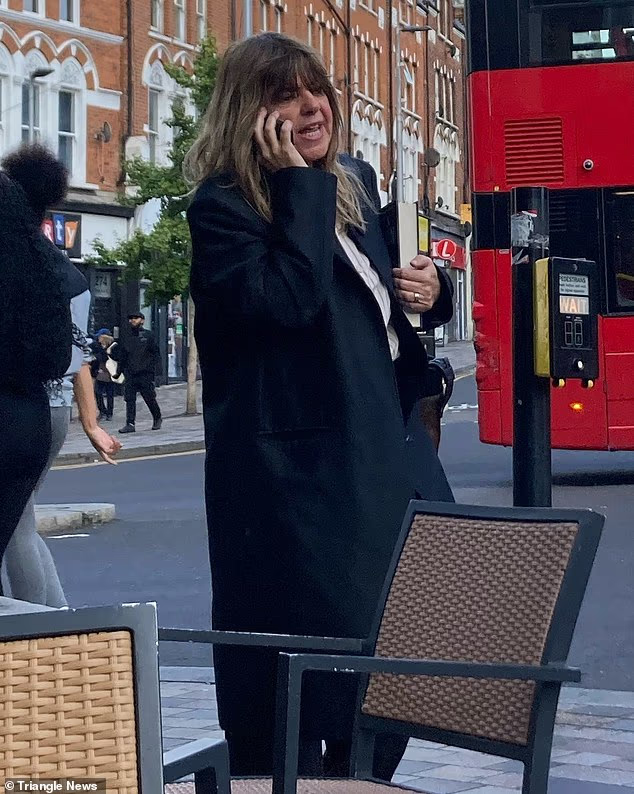The wife of a senior Royal Household figure narrowly escaped disqualification from driving after admitting to using her phone while behind the wheel.
Kim Todd, 59, a psychotherapist residing in a grace-and-favour apartment within Kensington Palace—a residence provided to certain royal staff—was seen handling her mobile phone while stationary in traffic on Lower Richmond Road, south London, on 25 February.

Todd, who was driving a £60,000 Land Rover not owned by the Royal Family, pleaded guilty to the offence at Lavender Hill Magistrates’ Court. Prosecutor Matthew Spratt said she was observed using her phone while the vehicle was stopped, though no additional details were given.
In a tearful statement to the court, Todd pleaded for leniency, saying she relied on her driving licence to care for her mother and terminally ill stepfather, who lives in rural Wiltshire. She explained that she needed to be available at any hour to provide support, describing the incident as “a moment of thoughtlessness.”
“I could kick myself because I was stuck in traffic. My phone beeped and I looked at it. At that moment, I just wasn’t thinking,” she told the bench.
Todd already had six penalty points on her licence; a further six would normally result in an automatic disqualification. However, she argued that losing her licence would cause exceptional hardship, leaving her parents isolated without transport to hospital appointments.

The magistrates accepted her plea. Chairman Andrew Robinson endorsed her licence with six more points—bringing the total to twelve—but chose not to impose a ban.
“We understand your parents are relatively isolated and depend on your support,” Robinson said. “But if you come before the court again for a driving offence, we will not be able to show such leniency.”
Todd was fined £384 and ordered to pay a £154 victim surcharge and £130 in costs.
Although Todd’s case centred on a personal mistake, her royal connections inevitably drew public attention. Her residence, Kensington Palace, has long-standing ties to the British monarchy. Apartments 8 and 9 were famously home to Princess Diana and then-Prince Charles, where Princes William and Harry spent their early years. Following Diana’s death in 1997, the apartments were later used as office space for various royal duties and charitable activities.
The case highlights how the judiciary sometimes exercises discretion in cases of “exceptional hardship,” but it also underscores public sensitivity toward perceived privilege linked to royal or elite associations. Critics might question whether an ordinary citizen in similar circumstances would have received the same degree of leniency.



